Due to its unique properties and versatility, laboratory glassware is an indispensable tool in scientific research, education, and industrial applications. Its importance stems from several key factors, including its chemical resistance, thermal stability, precision in measurement, and adaptability to a wide range of chemical reactions and processes. This essay delves into the various aspects that explain why laboratory glassware is important.
1. Chemical Resistance and Inertness
Laboratory glassware mainly made from borosilicate glass, is designed to resist chemical corrosion exceptionally well. This means it can safely hold a wide range of chemicals, including strong acids, bases, and organic solvents, without breaking down or reacting. This quality is vital for keeping your experiments pure and ensuring you get accurate results.
2. Thermal Stability
Borosilicate glass is a special type of glass that doesn’t easily crack when exposed to sudden changes in temperature, thanks to its low coefficient of thermal expansion. This quality, known as thermal shock resistance, makes it perfect for tasks like boiling, distillation, and sterilization in the lab. Additionally, the glassware goes through an annealing process, which boosts its thermal stability even more. Plus, borosilicate glassware is autoclavable, meaning it can handle the high-pressure steam used for sterilization. This is crucial for keeping things clean and safe, especially in biological and medical labs.
3. Transparency and Visibility in Laboratory Glassware
The transparency of glass lets you see chemical reactions directly, making it easier to monitor changes in color, phase, and overall progress. This visual access is crucial for understanding how fast reactions happen and when they are complete. Plus, the clarity of glassware helps ensure accurate measurements, as you can observe the meniscus in tools like graduated cylinders, volumetric flasks, and burettes.
4. Precision and Accuracy in Measurements
When you’re using laboratory glassware like pipettes, burettes, and volumetric flasks in your classroom, it’s all about precision. These tools are designed to give highly accurate liquid measurements, which is vital when you’re teaching students about quantitative chemical analysis. Accurate concentrations can make all the difference in your experiments. To maintain this precision, calibration standards and traceability are key. Calibration certificates ensure that your glassware is accurate, helping you uphold the quality of your lab work and teaching practices.
5. Versatility in Applications
Laboratory glassware plays a crucial role across various scientific disciplines, including chemistry, biology, physics, and environmental science. Its versatility allows it to be used in everything from simple tasks like handling and mixing liquids to more complex procedures like distillation, chromatography, and chemical synthesis.
6. Durability and Reusability of Laboratory Glassware
As a school it is important to know that investing in quality tools can make a big difference. While glassware might seem more expensive at first, its durability and ability to be reused mean that, over time, it can actually save your budget. With proper cleaning and care, glassware lasts much longer, making it an eco-friendly option. By reusing glassware, you help reduce waste and conserve energy, which supports sustainable practices in your lab.
7. Safety Considerations while using Laboratory Glassware
When you’re in the lab, you know how crucial it is to handle chemicals safely. Laboratory glassware is specifically designed to minimize the chances of spills and accidents, keeping you and your students safe. Emphasizing proper handling, correct storage, and the consistent use of personal protective equipment (PPE) is key to preventing injuries. Another safety perk of glassware is its heat resistance, which means you won’t have to worry about harmful substances being released when heating chemicals.
8. Cost-Effectiveness and Environmental Impact
Beyond its scientific applications, laboratory glassware offers economic and environmental benefits. Its reusability translates to long-term cost savings compared to disposable plasticware. Furthermore, glassware’s reduced waste and energy consumption contribute to sustainable laboratory practices.
9. Technological Advancements and Emerging Applications
As a science teacher, you’ll appreciate how the field of glass technology is constantly evolving. Recent advancements in glass strengthening and specialized coatings are making laboratory glassware more durable and high-performing. These innovations are opening up exciting new applications for glassware in emerging fields such as nanotechnology and materials science.
Conclusion
In this article, we have studied Why Laboratory Glassware is Important. Laboratory glassware remains an indispensable tool in scientific research, education, and industry due to its combination of chemical resistance, thermal stability, precision, versatility, durability, and safety. Its contributions to accurate measurements, efficient processes, and sustainable laboratory practices underscore its enduring importance.
As technology advances, glassware continues to evolve, ensuring its relevance in shaping the future of scientific discovery. Explore the wide range of school lab material in India by Labkafe – India’s most trusted school lab furniture and lab equipment provider. Contact our Lab Experts to know more!
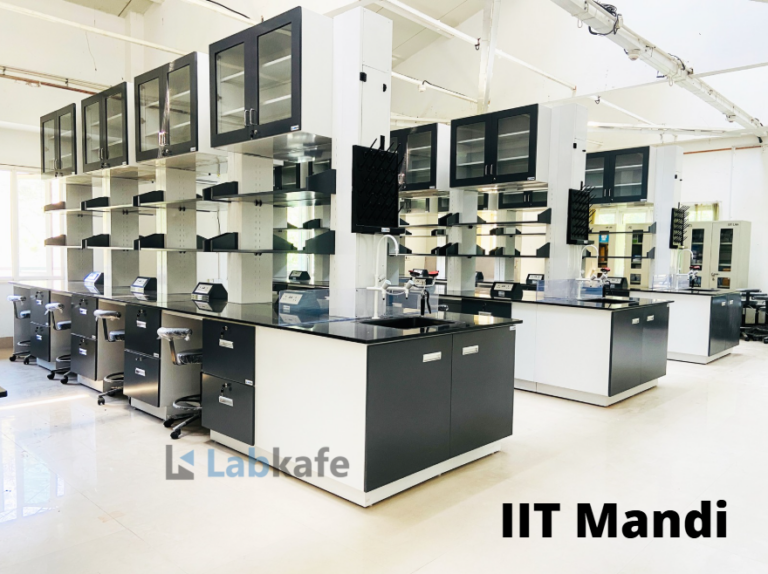
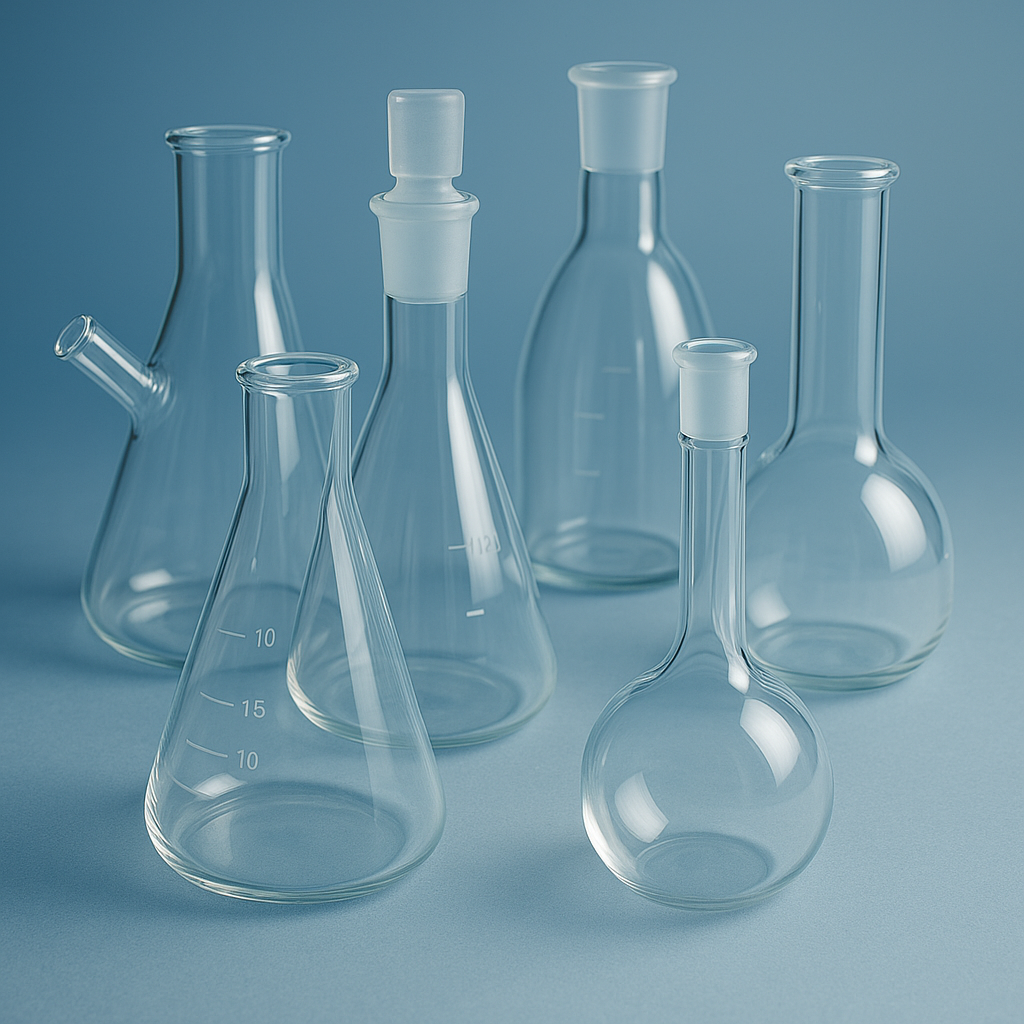
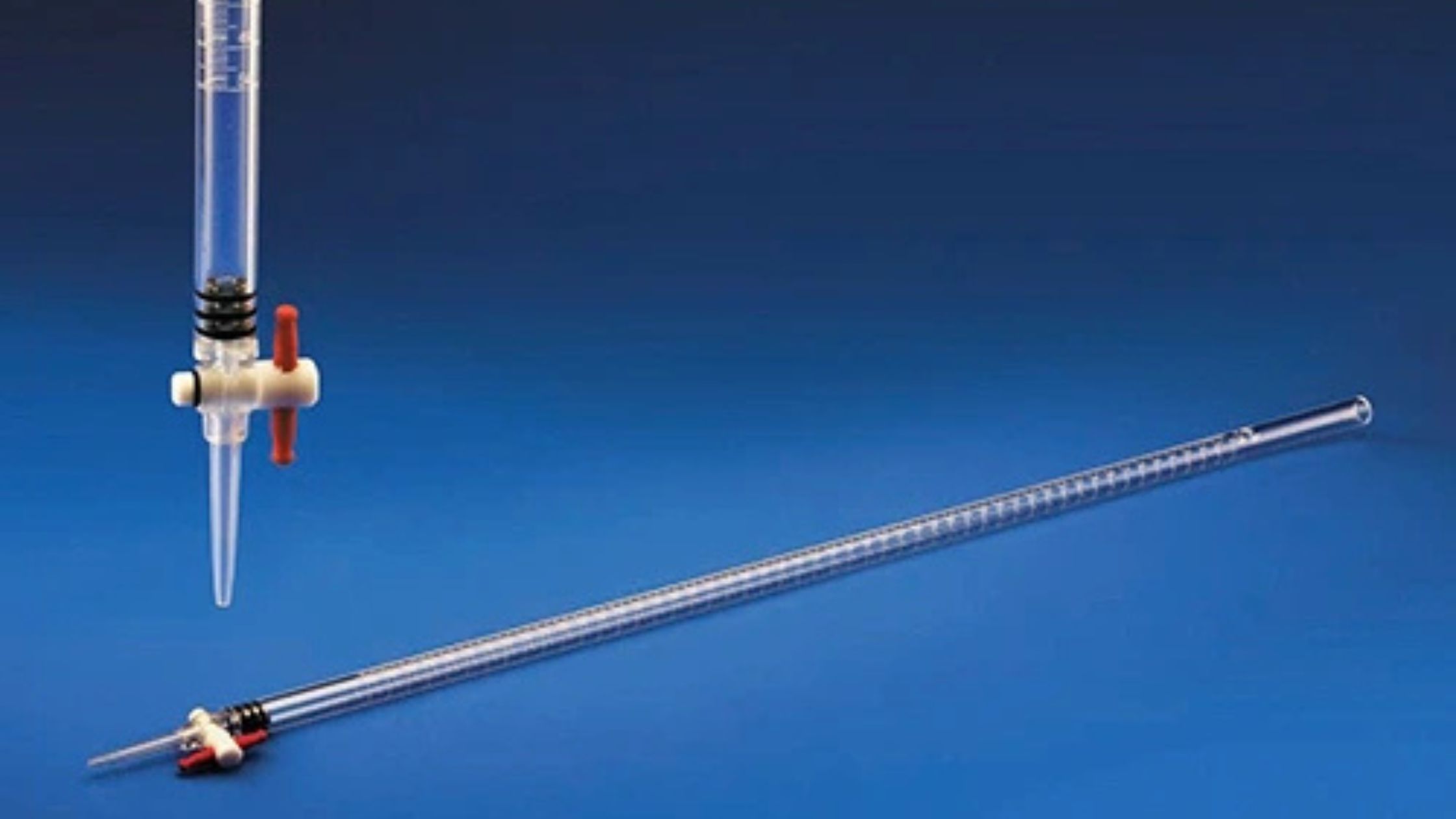
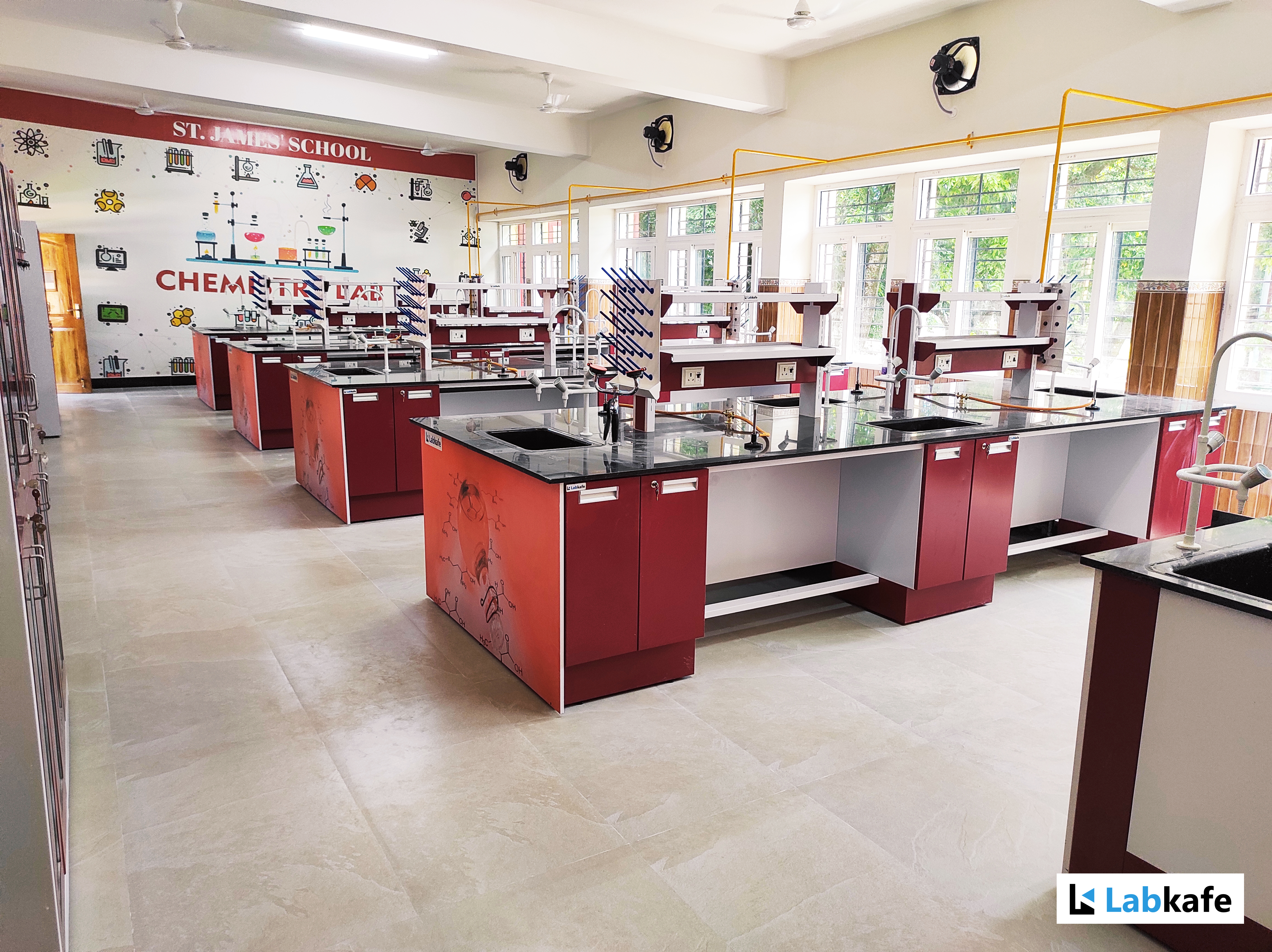

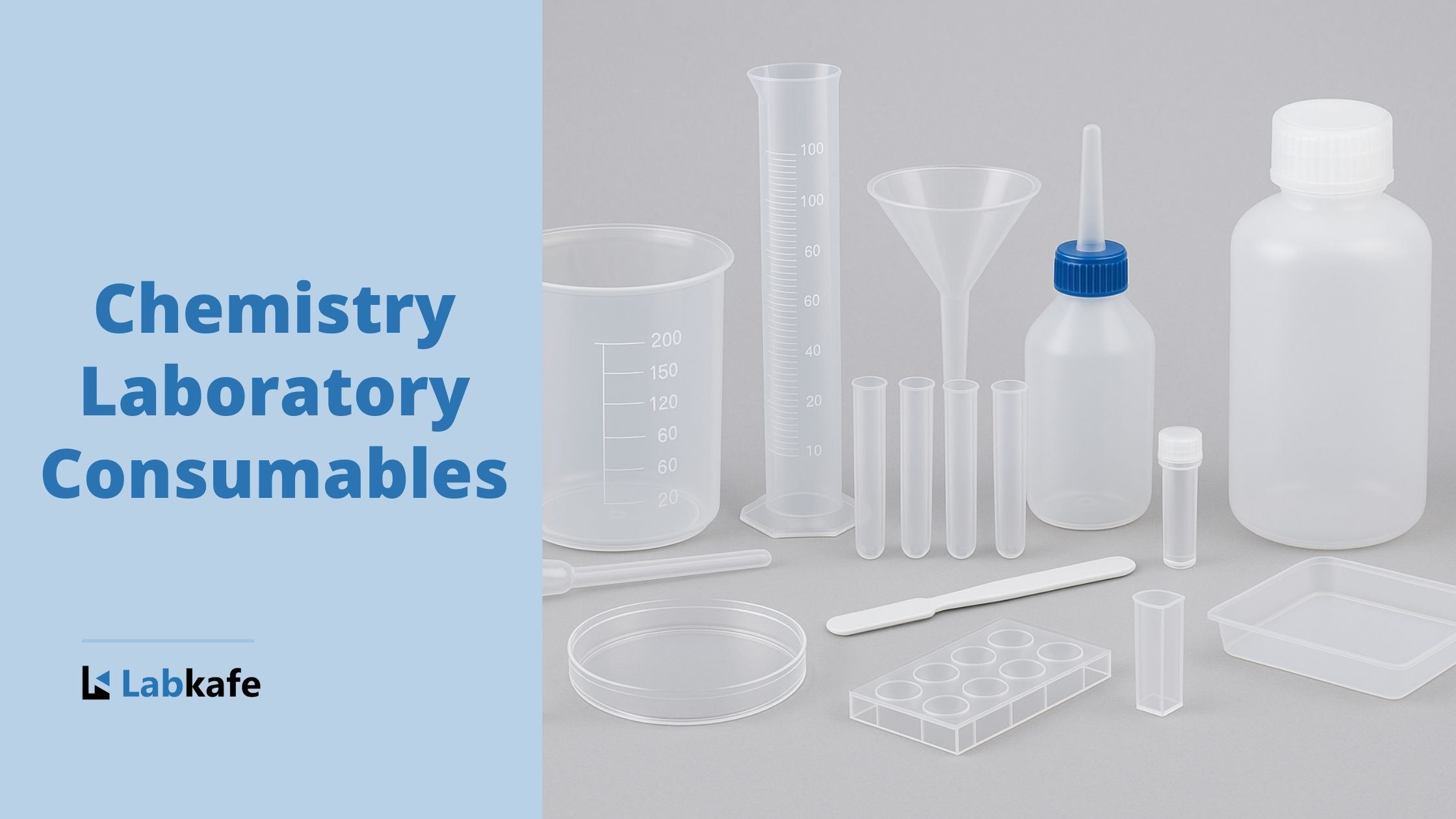
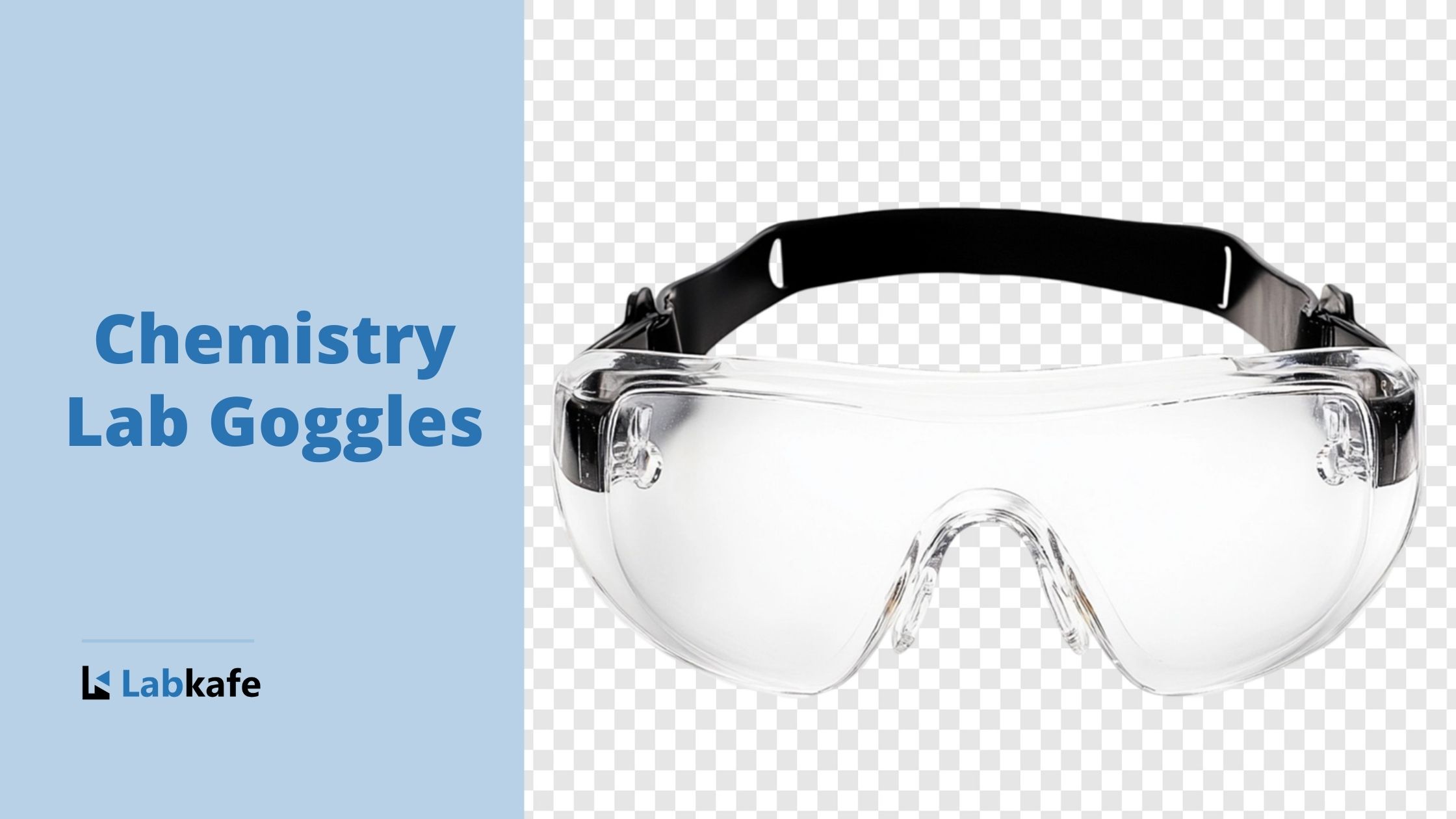

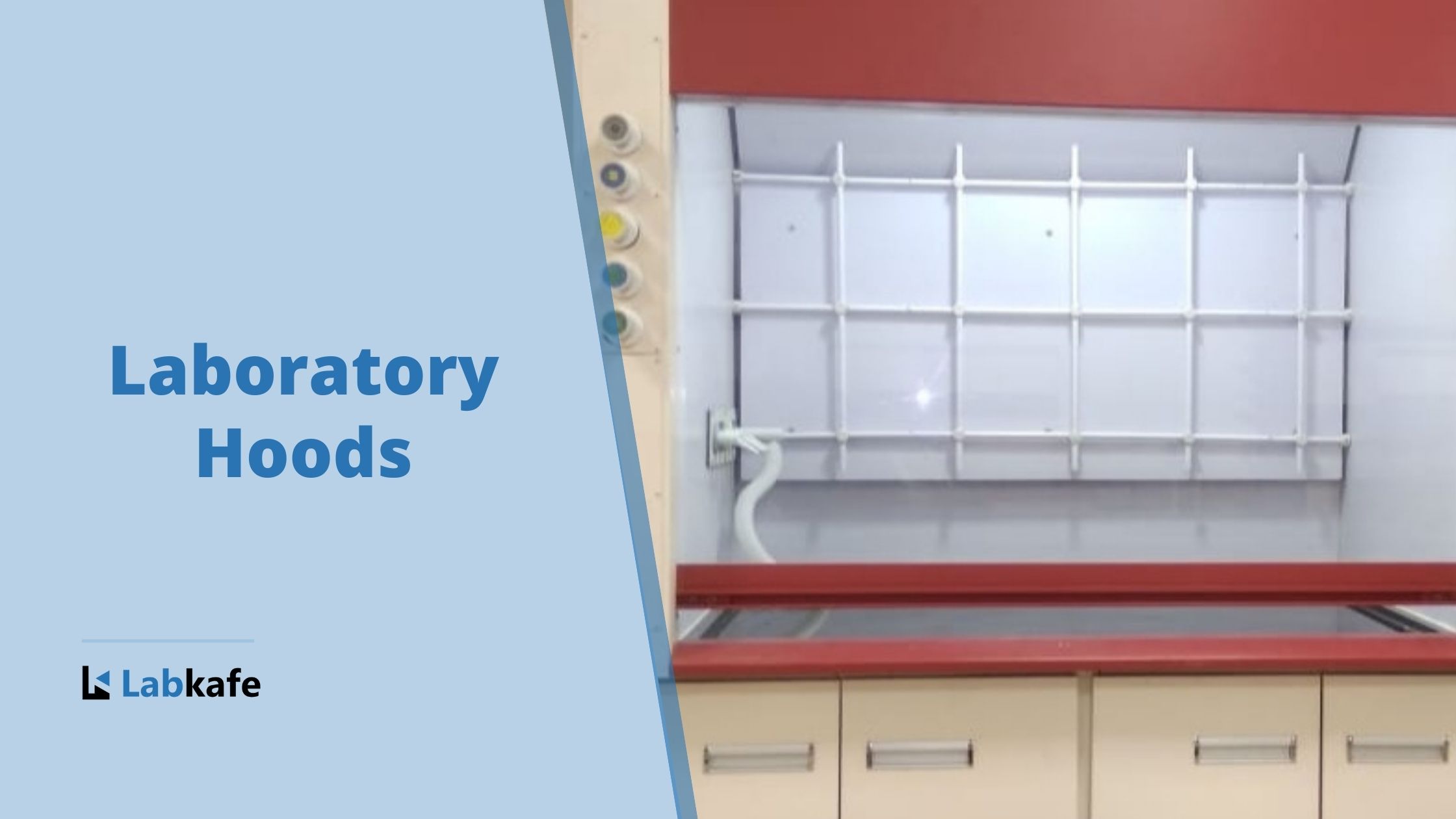

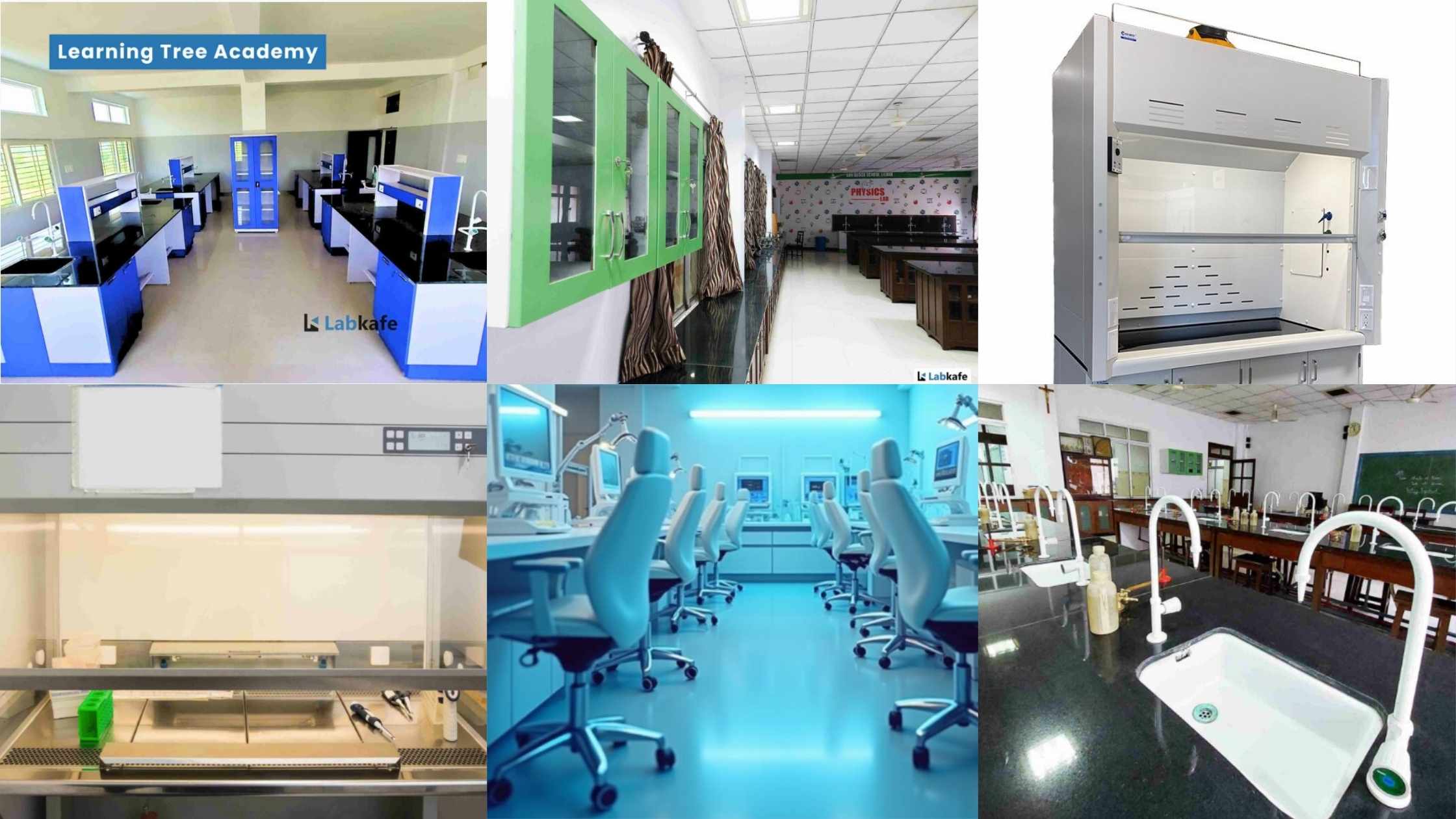
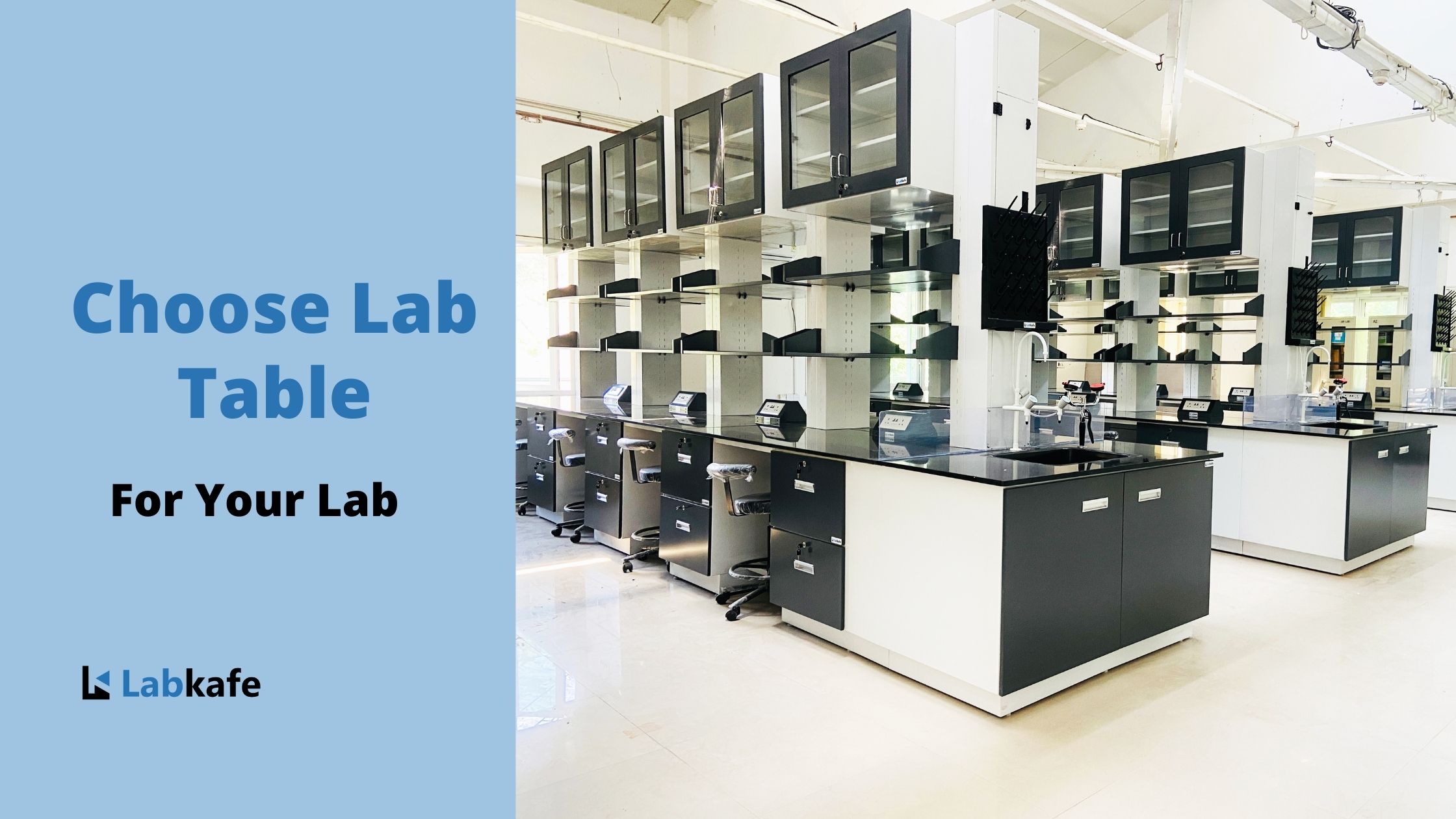
Leave a Reply